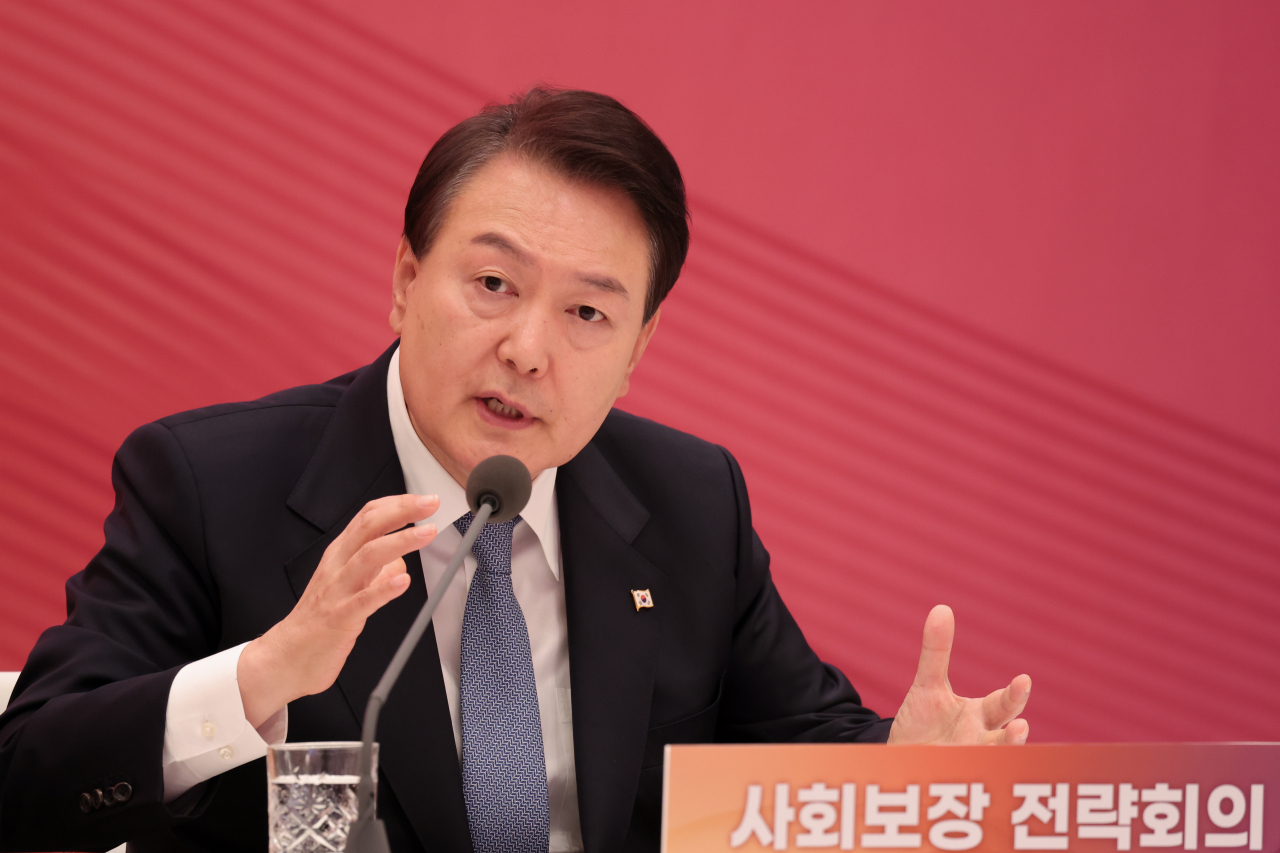
Isolated young and middle-aged people will be eligible for state welfare services from the second half of this year, the government said Wednesday in unveiling a raft of new welfare policies.
Socially isolated people refer to people who are emotionally or physically isolated from the majority of society for at least six months, according to the Welfare Ministry. This includes those who have not worked and have rarely left home.
Welfare services, including those for community care and psychological counseling, which were previously provided to only the elderly and children, will be expanded to include the socially isolated, the Yoon Suk Yeol administration said.
The state services will be first provided to those newly eligible living in 10 cities, and gradually expanded thereafter, according to officials. The government has yet to calculate the number of new eligible beneficiaries.
“We will keep trying to create a sustainable welfare state by meticulously supporting the socially weak and advancing welfare services,” Health and Welfare Minister Cho Kyu-hong said at the meeting.
The government aims to boost the social services usage rate to 40 percent of the whole population by 2027, 7 percentage points higher than that of this year. It is expected to create 600,000 jobs in the welfare service sector.
In order to ease the burden of living expenses for the socially marginalized, the government also plans to increase loans for childbirth, parenting, education, housing and medical care, and provide food and utility subsidies.
Authorities also plan to launch an "emergency care service" for individuals when help is urgently needed due to sudden illness or injury or in the absence of a guardian.
Under the plan, middle-class households will also be able to access welfare services for a certain fee. Until now, only low-income households have been able to use such services, including child care services.
Child care services for elementary school students will be extended to early mornings and late evenings, and offer high-quality programs such as sports, culture, art, and digital education through cooperation with local universities or private companies.
The government will also strengthen mental health care services for children and adolescents who need counseling by expanding the eligibility criteria and increasing the frequency of counseling.
In addition, the government has set a goal to integrate similar welfare service systems. It also promised to increase financial stability in public pensions, employment insurance, and health insurance for future generations.





